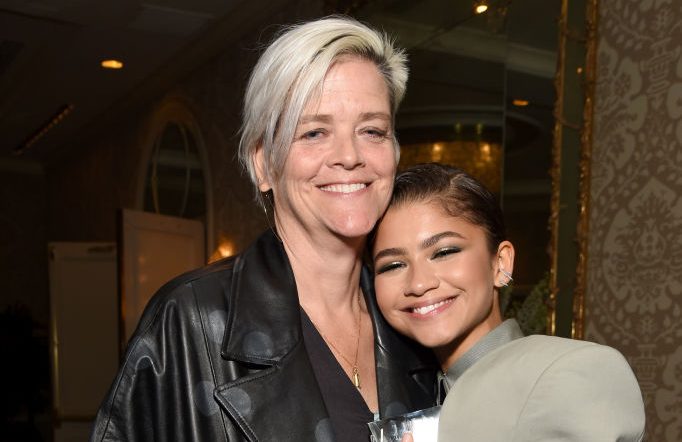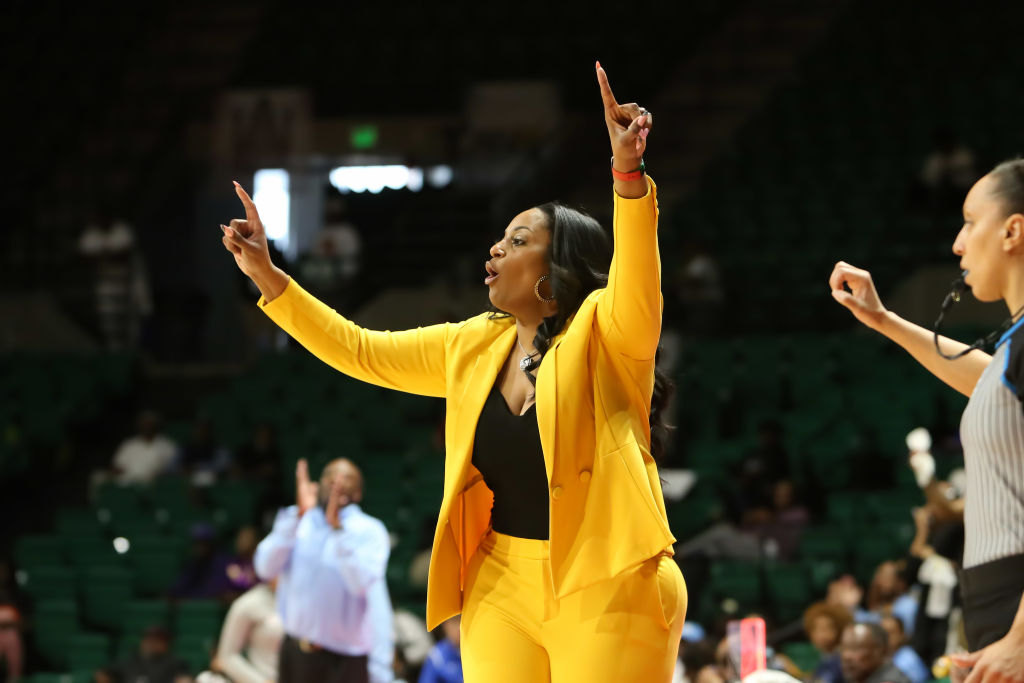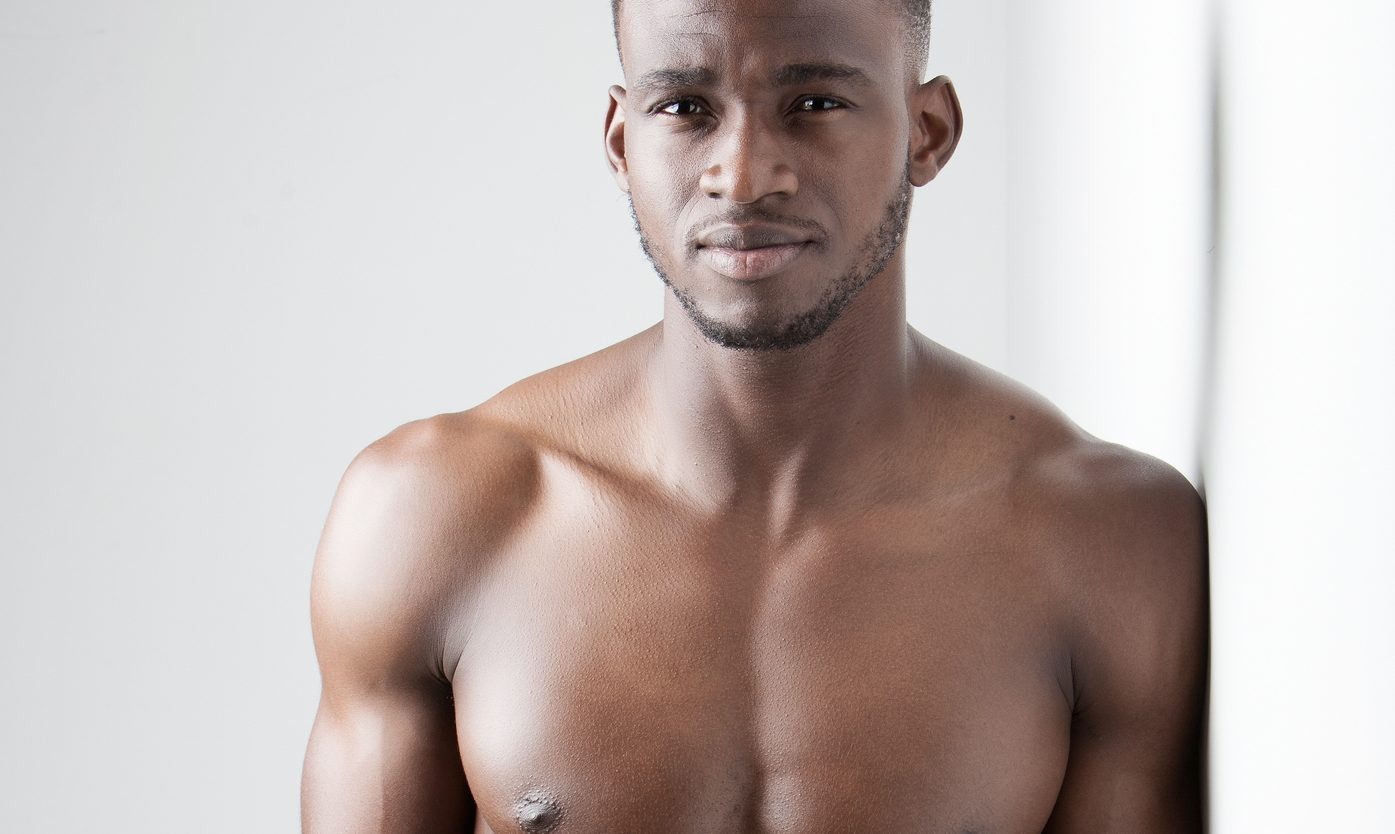How To Address Intimate Partner Violence Without Calling 911
Is It Possible To Address Intimate Partner Violence Without Police Involvement? - Page 2
Share the post
Share this link via
Or copy link

Source: General / Radio One
The resistance to talk about intimate partner violence (IPV) is one of the things that keeps it active and keeps us from looking for ways to address it. According to Coburn Place, a shelter and support group for survivors of IPV and their children, 40 percent of Black women have experienced IPV.
The National Library of Medicine states that these experiences lead to higher rates of depression, posttraumatic stress syndrome, low self-esteem and suicidal ideation. Those outcomes only speak to the internal experiences of the survivors, and don’t even touch on the external yet very damaging realities including socioeconomic struggles, housing displacement, broken families and too much else to discuss in just one article.
It is no secret that throughout history minority communities have not been able to rely on law enforcement to “serve and protect” them as they’re meant to do. In many heartbreaking cases, the moment law enforcement arrives, the situation only worsens for any minorities present. This is particularly true when it comes to incidents of IPV. And that is why the Justice Teams Network has worked tirelessly to create their Guide for Community Response Without Police.
Love MadameNoire? Get more! Join the MadameNoire Newsletter
We care about your data. See our privacy policy.
This is a comprehensive, in-depth and step-by-step guide offering resources and guidance for all minority communities including communities of color, members of the LGBTQ+ community and disabled individuals on how to handle IPV in your community without involving the police. We spoke with The Justice Teams Network Executive Director Cat Brooks to learn more about why this guide is so critical.
“The Police Is Going To Dominate”
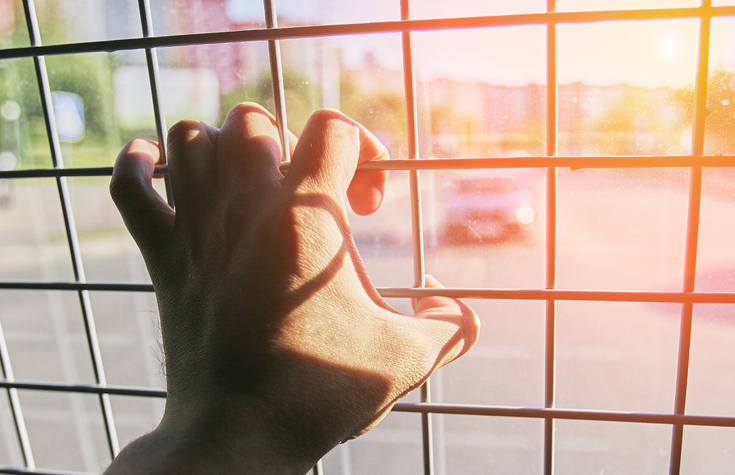
Source: Vital Hil / Getty
A tense relationship between minority communities and the police already exists. But in addition to this preexisting dynamic that can be damaging in IPV situations, there is also the issue that when the police show up, they are going to take total and uncompromising control over what happens next – regardless if it’s what the survivor wants.
Brooks explains that police follow a “mandatory arrest law” when it comes to the primary aggressor in the situation. So whether or not the survivor wants their partner to be jailed, that may happen.
“Police tend to escalate,” says Brooks. “They are trained to subdue, and get control of the situation by any means.”
Behind Bars + Behind On Healing
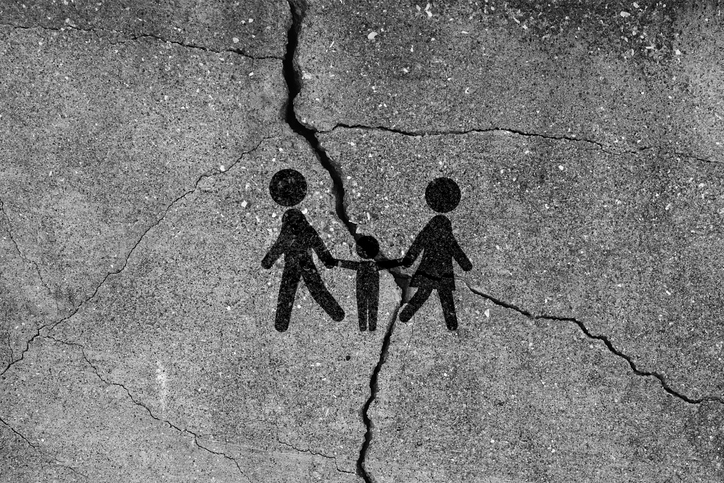
Source: hachiware / Getty
The judicial system and the prison system are not kind to people of color. However, those are most likely going to be the very systems they’re sent through after the police have been involved in an IPV case. And after spending time in prison, enduring the horrors there, and being spit back out into society, IPV aggressors are in a worse state than when they went in. And, says Brooks, there is an increased chance that they take these frustrations out on their partner when they return home.
But the consequences of going to prison over IPV are even more complex. Being behind bars can and most likely will worsen the circumstances that were fueling the IPV in the first place – circumstances such as poverty and lack of opportunity. Brooks shares an old adage from within her community: “IPV is about power and control.” And that feeling of a lack of control is due to many, many factors, including constant stressors of poverty, trauma of being a IPV survivor in childhood, a lack of resources, a lack of educational opportunities, and the list could fill a book…
When an IPV aggressor is sent to jail not only are these contributing factors not addressed – they are deepened. The employment world is not particularly welcoming to people who’ve done prison time, and especially to IPV aggressors. The financial situation at home could have become dire while one of the earners was locked up, creating more poverty and more stress at home. The entire cycle of involving the police and sending the aggressor through the legal system can wind up squeezing the figurative necks of the family that was already suffocating emotionally and financially.
The Guide for Community Response Without Police Guide suggests other ways that a community can hold an aggressor accountable that doesn’t involve prison time. It includes resources and steps towards healing, and towards getting at the root of why the IPV occurs.
It’s About Agency
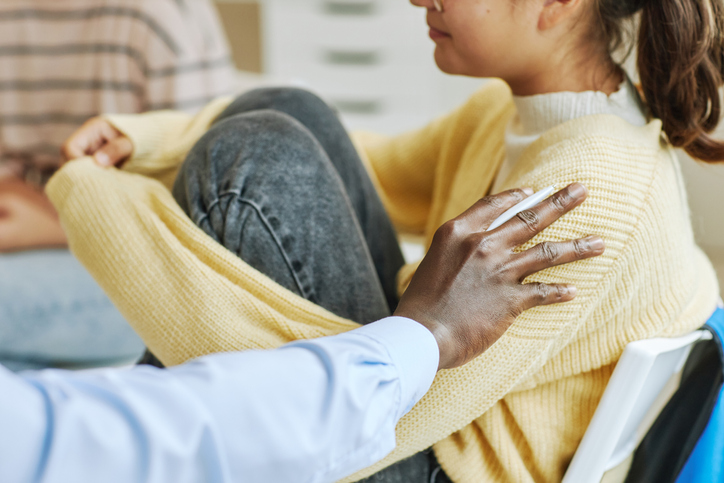
Source: SeventyFour / Getty
It’s clear that once the police get involved, the couples or families involved in the IPV lose all agency over what happens next. The Guide For Community Response Without Police is about instructing and guiding minority communities in handling these matters on their own so the police can be left out of it, and the IPV survivor can keep agency over the situation.
Exactly how communities can show up for an IPV survivor is detailed in the guide. But Brooks shares some critical points with us, including this: sometimes the community repeats the patterns of correctional authorities. It isn’t intentional, but Brooks says that oftentimes, when an IPV survivor speaks up, her community shames her, and even punishes her.
This punishment can come in a number of forms, but often involves the community dominating the situation rather than listening to what he survivor wants. The core of this guide is about changing that pattern – the pattern of taking agency away from the survivor. If you want to help, Brooks says, “Listen, trust the survivor, follow her instructions – find resources and support in line with what she wants and is best for her family.”
-

Meet Dominique Fils-Aimé, The Haitian-Canadian Star Redefining Jazz For A New Generation: ‘This is My Vision' [Exclusive]
-

Cooking With Purpose — How Brittney Williams Honors Her Caribbean Roots Through Food
-

9 Famous Lesbian Women Who Were Married To Men
-

Purpose Behind The Lens: How Nate Edwards Films The Extraordinary Inside The Everyday
